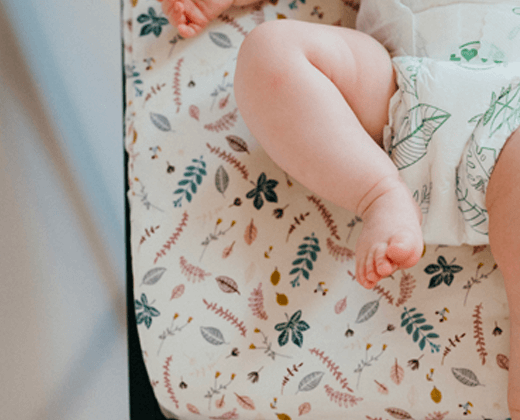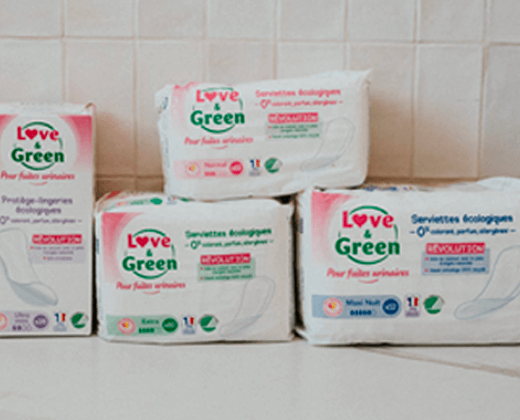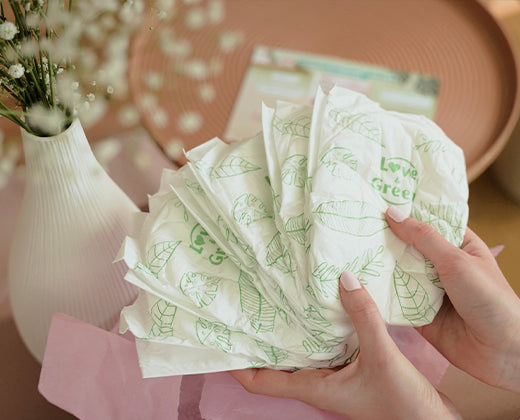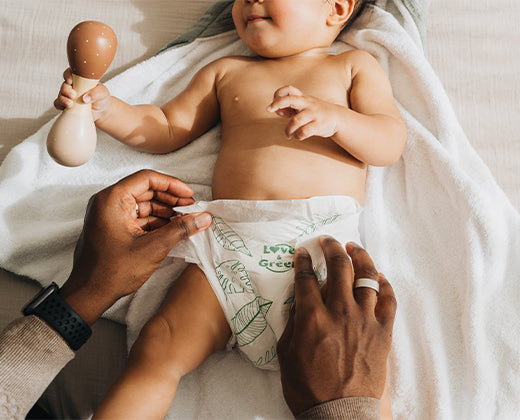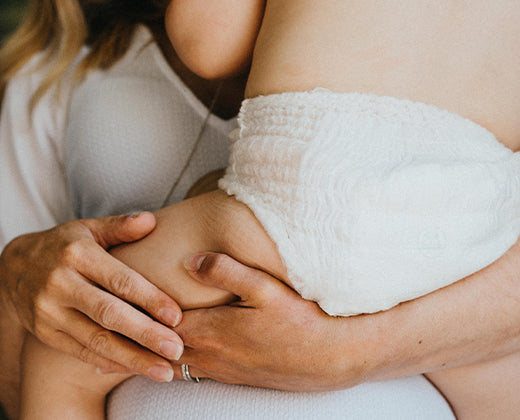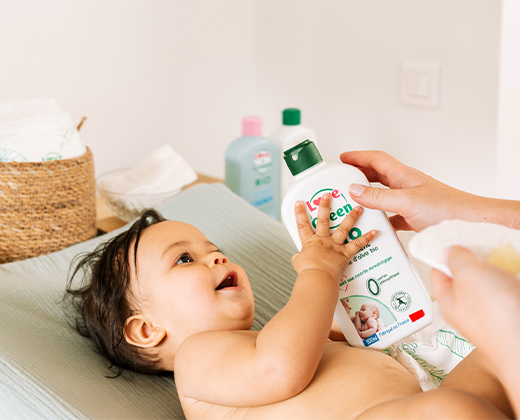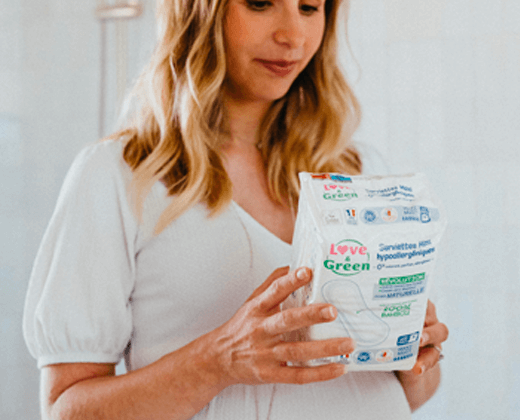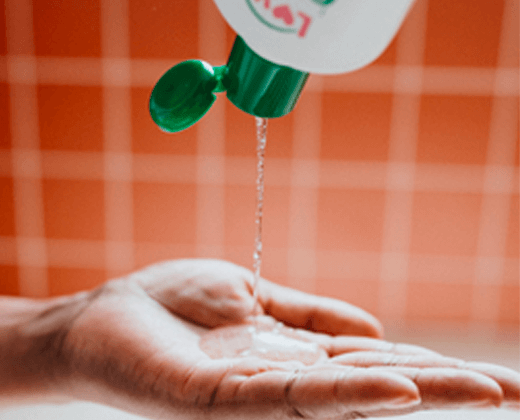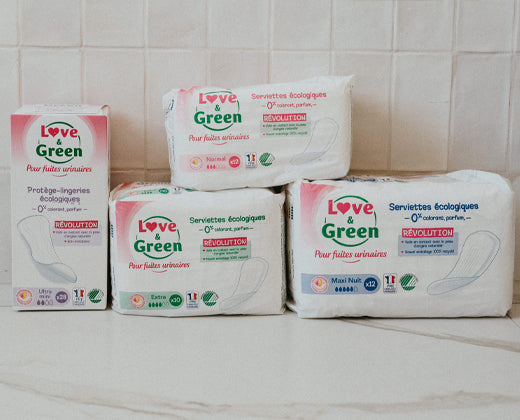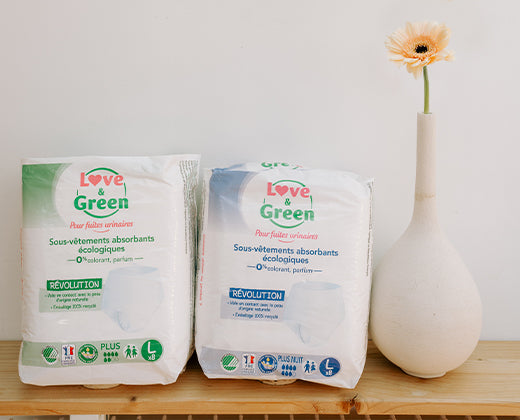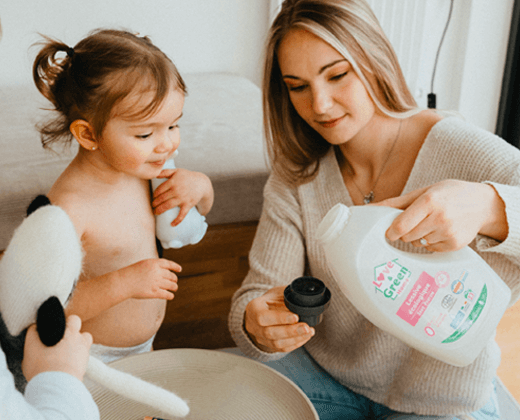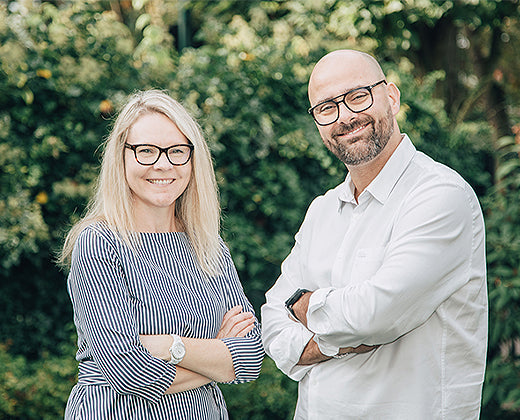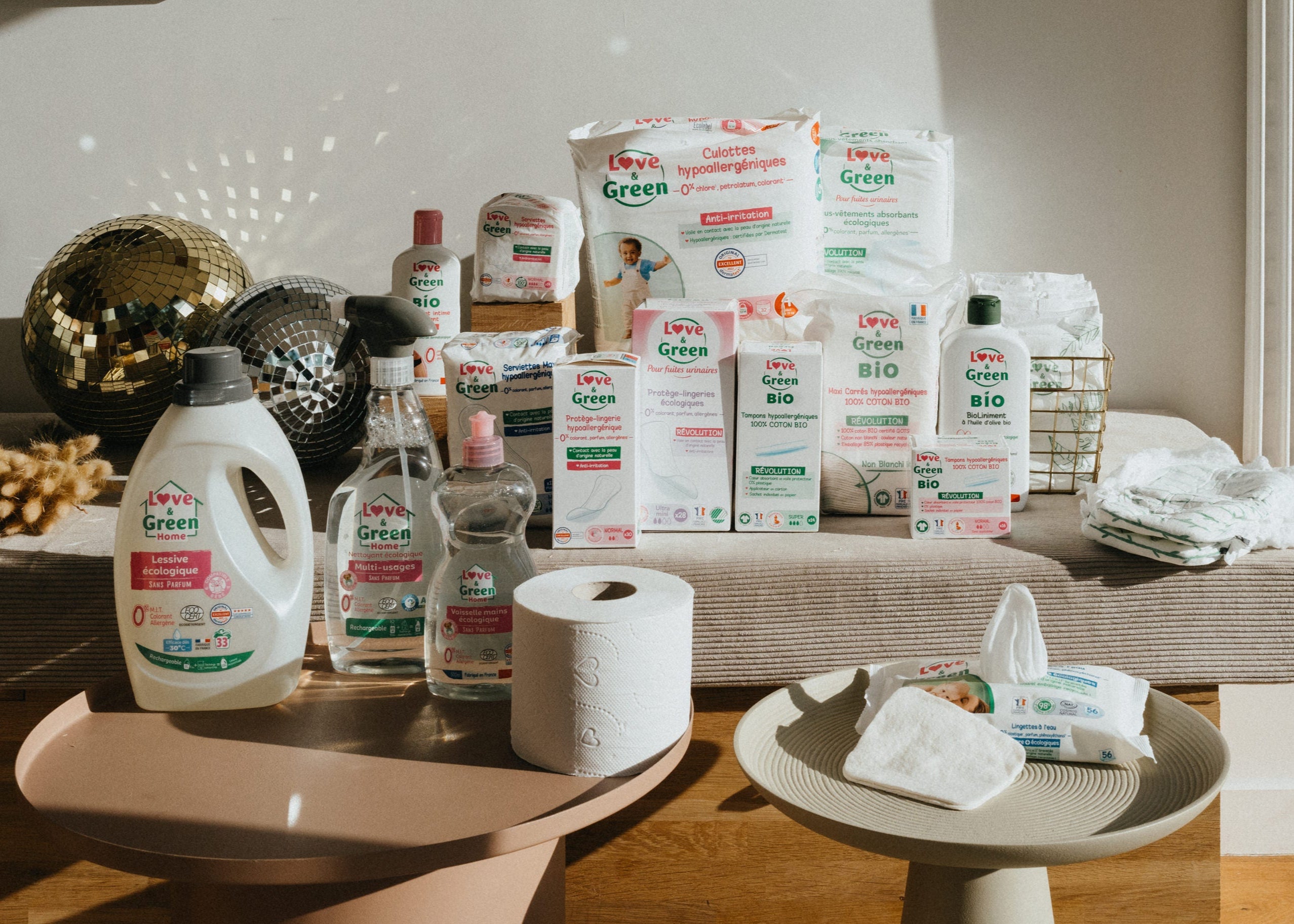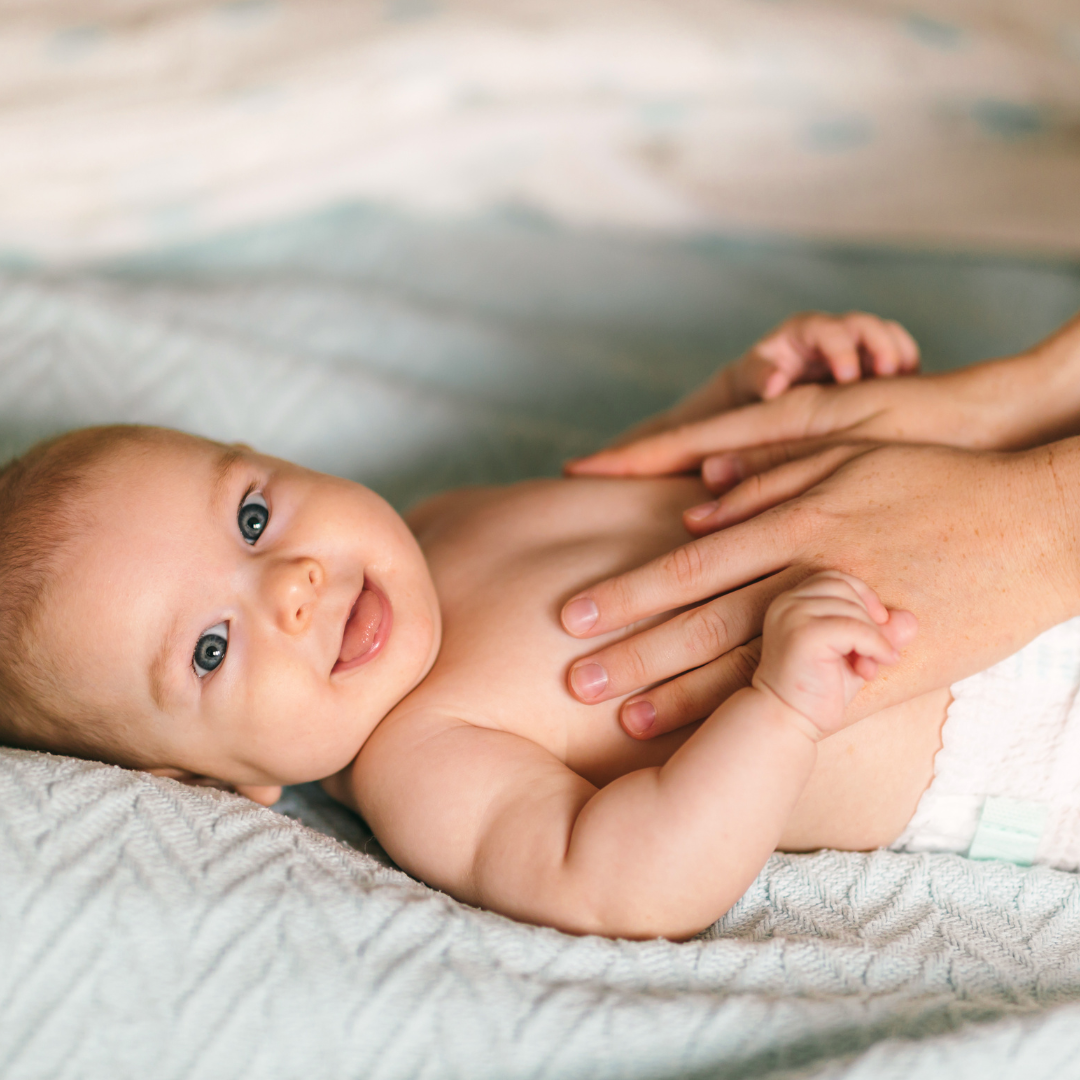Every birth is different and every postpartum - the period after childbirth - is even more so. Even when everything goes according to plan, this event is like a real earthquake for your body.
From pregnancy to childbirth, from postpartum to postpartum...Your body will need time: up to two years to regain a general shape similar to that before pregnancy. That said, it is difficult to be more precise, as it will depend on each mother.
Be better informed post-partum, it’s already better prepared to face it more calmly. Here are all the steps you can go through.
Childbirth, a first upheaval
That's it, the baby has arrived. Your body and your heart fill with love for this little being that you carried for months. Layers, bottles, cottons, bodysuits, etc. Your baby has everything he needs to thrive! But your head and body remain completely shaken.
And for good reason: hormonal upheavals begin as soon as the placenta is expelled, a few moments after childbirth. They differ according to several criteria such as breastfeeding for example, and have a significant impact on the psychological and physiological state of the mother. It's completely normal.
The body: the postpartum period that can be seen
In addition to surgical interventions (episiotomy, cesarean section, etc.) which require appropriate convalescence, the body logically shows significant signs of fatigue after childbirth.
He takes his time, readjusts to a new rhythm. You will have to be patient to find a silhouette that suits you and that you will fully love. Be kind to yourself. The body needs time to rebuild itself. The most important thing will always be to feel good about yourself and comfortable with yourself!
Flat stomach :
To avoid surprises, it's better to know right away: leaving the maternity ward with a flat stomach is an impossible mission!
The uterus grew for months, the abdominal walls stretched to make room for the baby. All of this takes time to return to its initial form.
This is also valid for mothers who gave birth by cesarean section: the healing also involves swelling and pressure on the lower abdomen.
Rest assured, this belly testifies to your courage and your strength, it is an integral part of this long and wonderful process towards your new role as a mother!
Lochia : this is the blood loss that occurs after childbirth and is similar to very, very heavy periods. Get ready! They can last up to 6 weeks, fading as the days go by.
The contractions that can accompany them (also called “trenches”) can be surprising. They will be triggered or accentuated by breastfeeding. However, they also play a fundamental role in the regeneration of the uterus and towards the end of lochia.
For lochia or urinary leakage, suitable sanitary napkins will be essential during the first days!
The (obligatory) visit to the toilet : Yes, let's talk about it...
Quite simply because your health and your departure from maternity ward depend on it.
After giving birth, the first bowel movement can be an ordeal. Added to the fear of pain is the fear of damaging any sutures, not to mention the simple embarrassment of talking about it. It is therefore important to treat the problem without a filter to avoid any complications.
So get help if necessary, simply talk about it (midwives are used to it and very often they are the ones who will ask you the question!), remember to hydrate yourself well and focus on a diet rich in fiber... and all this should quickly become a bad memory.
It is also possible for hemorrhoids to appear during or after pregnancy. If they remain frequent during the postpartum period, they will be all the more bothersome in cases of episiotomy or natural tearing of the perineum.
But solutions exist! You can help circulation with compression stockings, suppositories or certain medications for better venous return - on the advice of your midwife or doctor.
Burning sensations can occur during your “pee” trips. To relieve this, the little secret is to pour a little water on the vulva while you urinate.
Milk surges : This is one of the direct consequences of the drop in placental hormones. They cause chest pain, especially when breastfeeding, which can be more complicated than expected (engorgement, pain on the tips of the breasts and nipples, etc.).
On this side, the effect is mainly concentrated on the first 3 weeks after birth. You can be accompanied by a lactation consultant or a midwife, who will be able to guide you through this step.
Hair and skin: This cocktail of hormones that could make your nails so strong, your hair silky and your skin great during pregnancy, is no longer really the same. It's not serious at all!
After childbirth, the drop in these hormones results in more or less intense hair loss depending on the case. Your nails become slightly fragile and your skin has changed: stretch marks may appear due to stretching of the skin. But after all... All women have stretch marks, right? :)
For the hair, you may see a few curls appear or see its color evolve. For your nails, apply moisturizer every day and everything will be fine, I promise!
The head, the afterbirth that cannot be seen
The famous baby blues:
An episode that affects 60% of young mothers and which is also completely normal. It is generally 3 days after birth that the hormonal storm disrupts your internal weather. “Empty stomach” effect, hypersensitivity to baby’s signals, questioning one’s abilities to be a good mother… all of this may not be serious, but remains to be monitored. Rest assured, the baby blues only last a few days (no more than 10).
Talk to your doctor or midwife if symptoms of anxiety, irritability, constant fatigue or difficulty falling asleep persist. This could be a sign of postpartum depression! So, be vigilant.
Sexuality side:
Listen to yourself, it’s your head and your body that will know when you are ready.
If there are no established rules, it is by communicating with your partner that you will know when your sex life can resume. If necessary, ask your gynecologist or midwife for advice, particularly in the event of vaginal dryness or a change in contraception. Don't put pressure on yourself! After all, you have just welcomed a new being. It's okay to take your time on the path to postpartum sexuality. In short, you are mistress on board of your desires !
Oh yes, let's not forget the rehabilitation of your perineum: essential, even for cases of cesarean section! Good rehabilitation requires time (avoiding carrying too heavy loads) and step-by-step support. A few sessions accompanied by a health professional (a specialized physiotherapist, for example) are enough to restore the ideal shape and strength to your muscles. But that’s true for the whole body!
To finish… returning from diaper - or the first period after childbirth. This is a sign that you ovulated 15 days before. Your period is back! Choose suitable protection like organic cotton tampons or sanitary napkins.
The date of return of confinement varies depending on the woman. In general, we say between 6 and 8 weeks after giving birth. But for example breastfeeding can delay the return of diapers.
If you are not ready for a new pregnancy, consider choosing suitable contraception and talk to your gynecologist or midwife. But once again... It is by communicating with your partner that you will be able to get through this last stage of postpartum as best as possible!
After childbirth, the start of a new life
All these physical and psychological events are natural elements that occur when your baby is in your arms.
Be patient with your body - and especially with yourself.
Talk to the women around you, they will be able to reassure you about your postpartum period. They have been there, probably differently but with their experience, they will always have the words to reassure you. #sorority
This birth is a new life which marks the beginning of your new life.
You fought your battle with its ups and downs, and you came out like a boss! You can be proud of it.
So do not hesitate to share your experience, your feelings, your difficulties and your joys, so that all future mothers can approach their pregnancies more calmly and always more informed.
Speech is freed around a subject that concerns us all and that’s so much the better!

